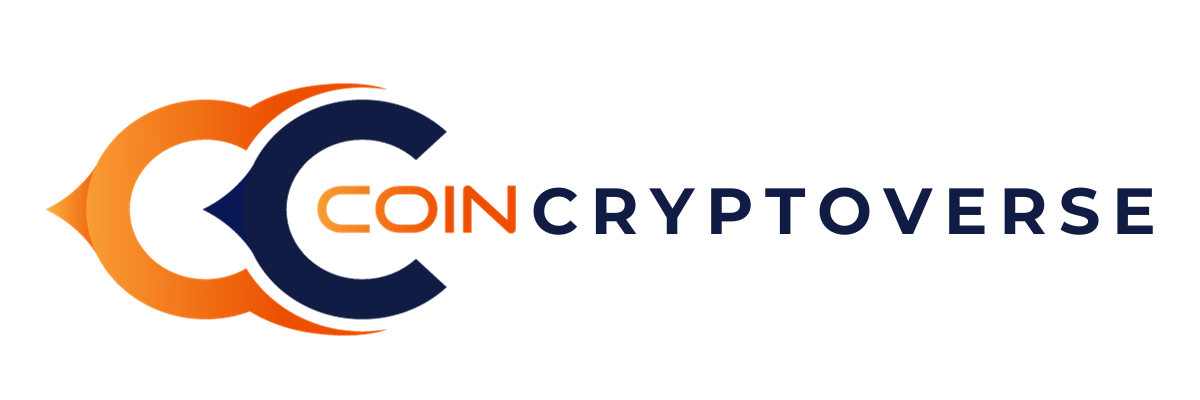What do you mean by Tokenization of Assets?
- Tokenization of assets involves representing real-world assets, such as real estate, art, or even stocks, as digital tokens on a blockchain.
- Tokenization essentially involves converting the rights to an asset into a digital token on a blockchain, a decentralized and distributed ledger technology.
- These tokens, often called security tokens, represent ownership or a stake in the underlying asset.
In the rapidly evolving landscape of finance and technology, tokenization has emerged as a transformative force, reshaping traditional notions of asset ownership. Tokenization of assets involves representing real-world assets, such as real estate, art, or even stocks, as digital tokens on a blockchain. This innovative approach can potentially democratize investment access, increase liquidity, and streamline traditional financial processes.
The Basics of Tokenization
Tokenization essentially involves converting the rights to an asset into a digital token on a blockchain, a decentralized and distributed ledger technology. These tokens, often referred to as security tokens, represent ownership or a stake in the underlying asset. Unlike physical assets bound by geographical constraints and legal complexities, tokenized assets exist digitally, making them easily transferable and divisible.
Blockchain technology is the backbone of tokenization, providing a secure and transparent platform for creating, managing, and transferring these digital tokens. Smart contracts, self-executing contracts with the terms of the agreement directly written into code, play a crucial role in automating processes such as dividend distribution, asset transfers, and compliance monitoring.
Benefits of Tokenization of Assets
Increased Liquidity
One of the primary advantages of tokenizing assets is the potential for increased liquidity. Traditional assets, like real estate or private equity, often lack the liquidity that stocks or bonds offer. By converting these assets into tokens, fractional ownership becomes feasible, allowing investors to buy and sell smaller portions of high-value assets. This fractional ownership model opens up investment opportunities to a broader range of individuals who may not have the capital to buy an entire property or artwork.
Accessibility and Inclusivity:
Tokenization has the power to democratize access to investment opportunities. Historically, certain asset classes were accessible only to institutional investors or high-net-worth individuals. Tokenization enables a more inclusive financial ecosystem by allowing retail investors to participate in markets that were previously beyond their reach. This shift aligns with the broader decentralization trend, empowering individuals to take control of their financial portfolios.
Automation and Efficiency:
Integrating smart contracts in tokenization brings automation to various aspects of asset management. Smart contracts can automate dividend payments, ensure compliance with regulatory requirements, and facilitate the seamless transfer of ownership. This reduces the need for intermediaries and enhances the efficiency and transparency of transactions, potentially lowering costs and minimizing the risk of errors.
Fractional Ownership:
Tokenization enables fractional ownership, allowing multiple investors to own and benefit from a single asset collectively. This is particularly impactful in high-value markets, such as real estate, where the cost of entry can be prohibitive for many investors. Fractional ownership allows individuals to diversify their portfolios across different asset classes, promoting a more balanced and resilient investment strategy.
Challenges and Considerations Tokenization of Assets
While the benefits of asset tokenization are compelling, it is essential to acknowledge and address the challenges associated with this innovative approach:
Regulatory Compliance:
The regulatory landscape for tokenized assets is evolving, with different jurisdictions adopting varied approaches. Navigating regulatory compliance is a critical consideration for tokenization projects to ensure legal legitimacy and investor protection. Regulators are working to establish frameworks that strike a balance between fostering innovation and safeguarding market integrity.
Security Concerns:
Blockchain technology is celebrated for its security features but is not immune to risks. Hacks, fraud, and vulnerabilities in smart contracts pose potential threats to tokenized assets. Robust security measures, including encryption protocols and rigorous auditing of smart contracts, are essential to safeguard the integrity of tokenized assets and protect investor interests.
Market Standardization:
The lack of standardized practices in the tokenization space can create interoperability and market acceptance challenges. Establishing industry-wide standards for tokenized assets, including issuance, transfer, and redemption protocols, will contribute to a more cohesive and stable ecosystem.
Educational Barriers:
The concept of tokenization and blockchain technology can be complex for the average investor. Overcoming educational barriers and fostering understanding among potential participants is crucial for widely adopting tokenized assets. Efforts to promote financial literacy and demystify blockchain technology can contribute to building trust in this innovative investment landscape.
Conclusion
The tokenization of assets represents a paradigm shift in how we perceive and interact with ownership in the digital age. By leveraging blockchain technology and smart contracts, tokenization enhances liquidity, accessibility, and efficiency in financial markets.
The ability to fractionalize ownership opens up new possibilities for investors, making it easier for individuals to diversify their portfolios and participate in markets that were once exclusive. While regulatory compliance, security concerns, and market standardization must be addressed, the potential benefits of asset tokenization are too significant to ignore.
As the technology matures and regulatory frameworks evolve, we can expect to see broader adoption of tokenized assets across various industries, ushering in a new era of financial inclusion and innovation. The tokenization

